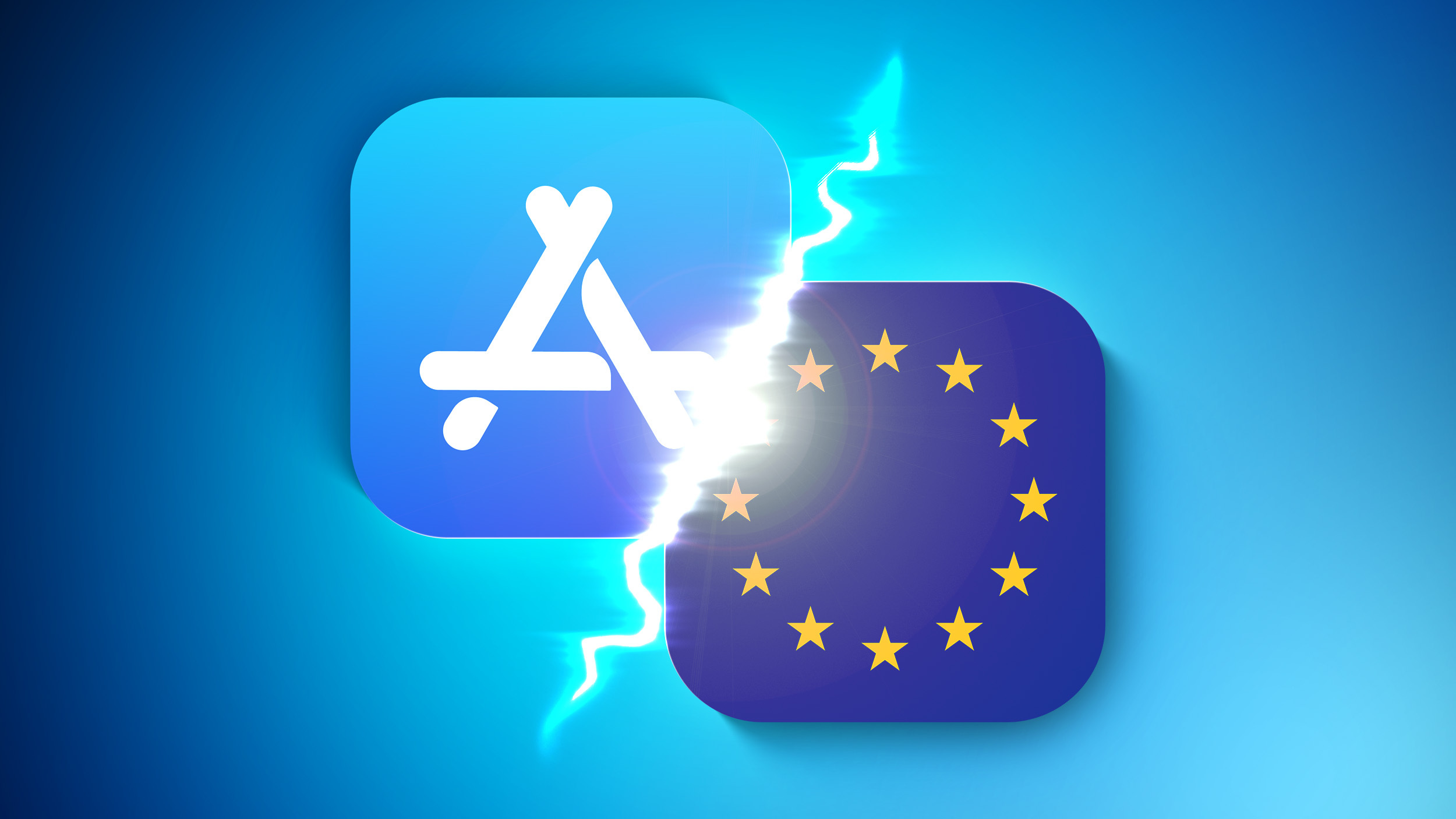Key parts of Apple's compliance with the Digital Markets Act (DMA) are set to be investigated by European regulators based on developer feedback, the EU's antitrust chief warned on Tuesday.

In an interview with Reuters, the European Commission's Executive Vice-President Margrethe Vestager said that Apple's introduction of new fees was already being looked at as a potential attempt to dissuade developers from using alternative app stores.
Vestager also warned Apple and other companies against discouraging users from switching to other app marketplaces by disparaging them, saying this kind of behaviour could trigger an investigation. Apple has already claimed some of the DMA-enforced changes could expose users to security risks that they are otherwise protected against when using the App Store.
Apple's app ecosystem changes in the European Union went into effect with the launch of iOS 17.4 on March 6. Apple has since been tweaking the app ecosystem rules that it introduced based on developer feedback and discussions with regulators.
For example, third-party app stores are now able to offer apps directly from their own catalog, and developers will soon be able to distribute apps directly from their websites as long as they meet Apple's requirements.
Apple says it is also working a solution that would prevent its 0.50 euro Core Technology Fee (CTF) from bankrupting developers if their free app goes viral.
This article, "EU Antitrust Chief Warns Apple About App Store Fees and Safety Warnings" first appeared on MacRumors.com
Discuss this article in our forums
Source: TechRadar

In an interview with Reuters, the European Commission's Executive Vice-President Margrethe Vestager said that Apple's introduction of new fees was already being looked at as a potential attempt to dissuade developers from using alternative app stores.
"There are things that we take a keen interest in, for instance, if the new Apple fee structure will de facto not make it in any way attractive to use the benefits of the DMA. That kind of thing is what we will be investigating," she told Reuters.Apple enabled alternative app stores in the EU earlier this month, allowing third-party app stores to offer a catalog of other developers' apps as well as the marketplace developer's own apps. Apple also has a new fee structure as part of the change that has already come under fire from several developers and EU associations.
Vestager also warned Apple and other companies against discouraging users from switching to other app marketplaces by disparaging them, saying this kind of behaviour could trigger an investigation. Apple has already claimed some of the DMA-enforced changes could expose users to security risks that they are otherwise protected against when using the App Store.
"I would think of it as unwise to say that the services are not safe to use, because that has nothing to do with the DMA," said Vestager. "The DMA is there to open the market for other service providers to get to you and how your service provider of your operating system, how they will make sure that it is safe is for them to decide."Vestager said feedback from developers was key to whether she would launch investigations into companies that must comply with the DMA. Asked whether she had received any comments from third parties, she said: "Quite a lot."
"And of course, if we see or get the suspicion that this is in order to say that someone else are not doing their job of course, we might take initiatives to look into that," she added.
Apple's app ecosystem changes in the European Union went into effect with the launch of iOS 17.4 on March 6. Apple has since been tweaking the app ecosystem rules that it introduced based on developer feedback and discussions with regulators.
For example, third-party app stores are now able to offer apps directly from their own catalog, and developers will soon be able to distribute apps directly from their websites as long as they meet Apple's requirements.
Apple says it is also working a solution that would prevent its 0.50 euro Core Technology Fee (CTF) from bankrupting developers if their free app goes viral.
This article, "EU Antitrust Chief Warns Apple About App Store Fees and Safety Warnings" first appeared on MacRumors.com
Discuss this article in our forums
Source: TechRadar